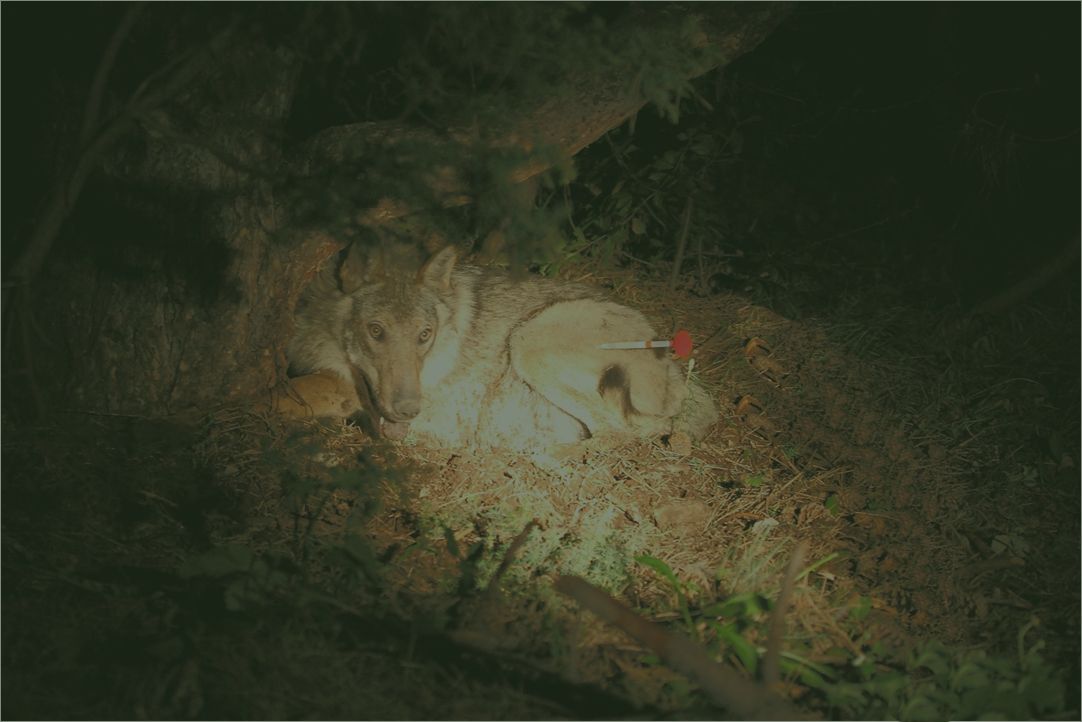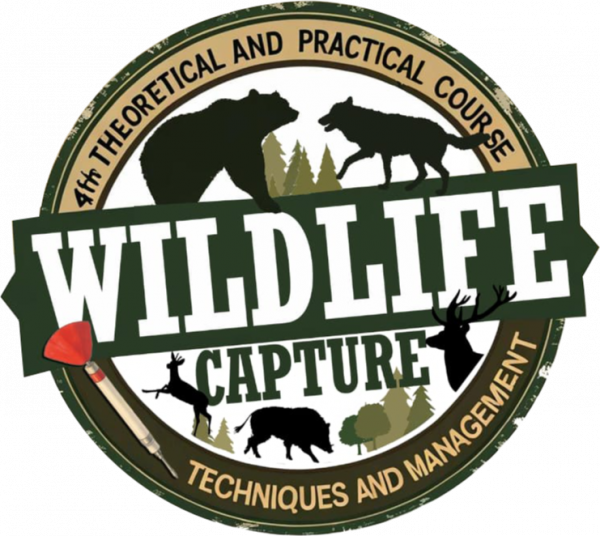About WRC
The Wildlife Research Center of Maiella National Park
Conservation medicine is an emerging, interdisciplinary field that studies the relationship between human and animal health and environmental conditions.
Our Wildlife Research Center works to protect wildlife, livestock and people through ecological research, surveillance of wildlife diseases and study of wildlife-livestock interface.
Our Wildlife Research Center works to protect wildlife, livestock and people through ecological research, surveillance of wildlife diseases and study of wildlife-livestock interface.
WRC, a “One Health” mission
The scale of biodiversity loss globally and the potential consequences to global health and wellbeing are vast. At local levels, however, attention to changing ecosystems and risk factors allows for pragmatic solutions that can directly engage and benefit the health community. Examining ecological and epidemiological dynamics at this scale minimizes variability common at the global level, and provides feasible entry points for implementation and decision making. (Bartlow et al. Health Security, 2021).
This is the case of WRC: our research and management activities, for example, even if limited to the territory of a national park, but interconnected with other national and international institutions, can provide a starting point for examining wildlife disease and identifying important interfaces or practices where risk is most pertinent.
What we do
The multidisciplinary WRC team and collaborators includes wildlife veterinarians, biologists, experts in animal ecology, wildlife management, forensic medicine, and organic farming professionals.
Population monitoring of endangered species and conservation programs.
The Park’s biologists have been engaged for twenty years in significantly improving the methods of wildlife monitoring, with adaptations to local conditions and through the use of advanced technologies, like the application of GPS radiocollars on particularly protected species such as Apennine Wolf, Apennine Bear and Apennine Chamois.Wildlife disease surveillance
In twenty years of veterinary medicine practice in the Park, we are trying to develop from passive disease surveillance, to targeted disease surveillance experiences. Aiming to experience, on a local scale, a system of integrated wildlife monitoring, which is a scheme that combines data from passive and active disease surveillance with population monitoring Wildlife Forensic Medicine
Wildlife forensic cases involve the taking of protected animal species for the illegal wildlife trade, poaching of trophy and protected animals, and wildlife deaths caused by human activities.The WRC has developed over the years a consolidated experience in forensic practice, set up training courses for the Forestry Corp, and cooperates with some of the most important national laboratories of genetics, ballistics and forensic investigations.
Wolf-Human coexistence
The Maiella National Park has a long-standing experience in the knowledge and management of relationships between wolves and humans. Some of the most notable works carried out in the past years are the diagnosis and analysis of cases of livestock predation, the monitoring of the wolf with the application of GPS collars, the planning of personalized prevention systems, and involvement and assistance to farmers in sharing coexistence best practices. The Maiella is a land from which the wolf has never disappeared. The wisdom of our shepherds and the study of the habits of our wolves even with innovative methods ensures the best level of coexistence and constitutes an exportable model.The Farmer Assistance Program “Farmers of Mother Mountain”.
The initiatives launched in recent years in favor of sustainable animal farming in the park, and are collected and developed in the program “Farmers of Mother Mountain”. A new perspective and a new collaborative phase, born from the awareness that the farmers of the Park are not only fundamental players in conceiving a real and conscious level of protection of the territories, but which are the only concrete guardians of the natural heritage represented by the pastures of the Maiella. A path that is enriched by initiatives of field surveys and cartographic analyses, studies of productivity and pastoral value, scientific support and incentives for optimizing the management of pastures, as identified as habitats 6170-6210-6230-6510 of Annex I to Council Directive 92/43/EEC. A new alliance for Maiella, which recognizes to the farmers the role of guardians of the environment and identity of the Mother Mountain.Wildlife rescue and rehabilitation.
One of our activities that is significantly increasing in recent years is the rescue and rehabilitation of sick, injured, and orphaned native wildlife. Supported by state-of-the-art animal care and rehabilitation facilities, a cadre of professionally trained staff, dedicated volunteers and an engaged community. Wildlife rehabilitation center records are an often-unexploited source of crucial information on species morbidity and mortality. So, we consider also wildlife admitted to our center as sentinels of ecosystem health.Problem animals capture and management
One of the activities that over the years have developed more in function of the change in the human-wildlife interface is the intensive monitoring and safe capturing of confident or problem animals, like bear or wolves, even in highly anthropized or urban environment. These activities are part of a wider program of strengthening efficiently operated self-sustainable units, supporting on a long-term basis a certain category of preventive measures (i.e. anti-poison bait dogs, urban wolves management, bear emergency teams).Connectivity, traffic collision and wildlife
Roads represent an important cause of mortality for many species and a threat for the conservation of biodiversity. This phenomenon is constantly increasing in recent years, and must not be underestimated. Some activities and projects of Maiella National Park aim at the demonstration of the use of the innovative Animal-Vehicle Collision (AVC PS) Prevention tools, reduction of the risk of traffic collisions with the target species, and improving connectivity and favor movements for the target populations.Microbial community and antimicrobial resistance at wildlife/livestock interface
An important research line of the Center aimed to provide new insights about antimicrobial resistance genes abundance, and microbial communities of wild and domestic ruminants in wildlife-livestock interface. We are trying to understand these phenomena observing wild populations such as wolves, chamois, deer, and domestic animals, like sheep, goats and cows. Providing new data that highlight the importance of multidisciplinary and uncultured study in order to describe the spreading of antimicrobial resistance and related contamination in the environment.Internship, volunteers, intensive courses.
WRC provides internships and projects to students from various education settings and Universities. Volunteers help our staff with animal husbandry, research, and maintenance. For the past 20 years, the Center has offered numerous opportunities for intensive training, both with independent courses and through agreements with universities, hosting internationally renowned wildlife experts. The main teaching topics are on wildlife forensic medicine, wildlife handling and capture techniques, large carnivores conservation and management, and sustainable farming and agricultural ecosystems. We hope to inspire, through teaching and research, a new generation of motivated students to make a difference and take conservation to a new level in Italy and internationally.Contact us.
Simone Angelucci, DVM
Head of Veterinary Office
Responsabile dell’Ufficio Veterinario
Wildlife Research Center
Sede Scientifica del Parco - Centro di Ricerca Fauna Selvatica
Via del Vivaio, 65023 Caramanico Terme (PE)
Tel. 0039.0864.2570330 - 331 - 332
Mob. 0039.348.6729632
E-mail simone.angelucci@parcomajella.it
Antonio Antonucci, biologist
Head of Wildlife Monitoring and Conservation Unit
Responsabile Ufficio Monitoraggio e Conservazione della Fauna Selvatica
Abbazia di S. Spirito al Morrone
Via Badia n.28 67039 Sulmona (AQ)
Tel. 0039.0864 2570409
Mob. 0039.348.0138675
E-mail antonio.antonucci@parcomajella.it


